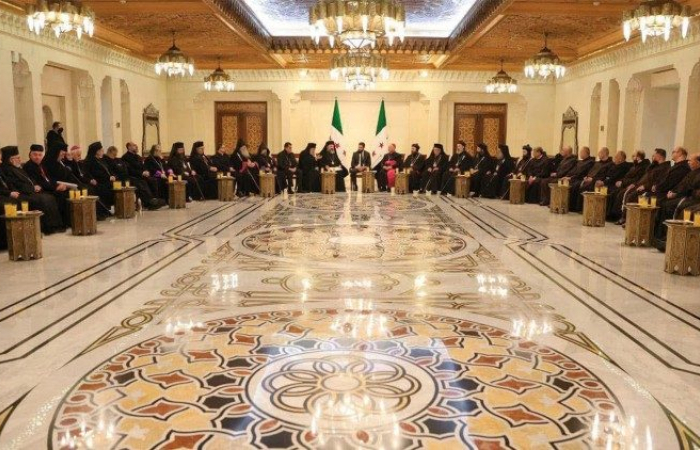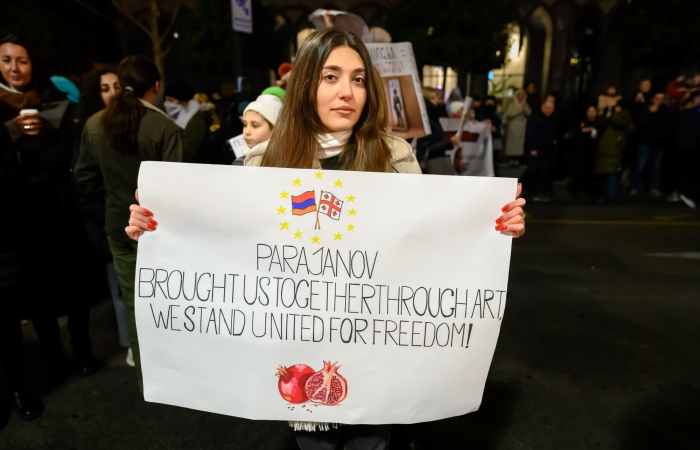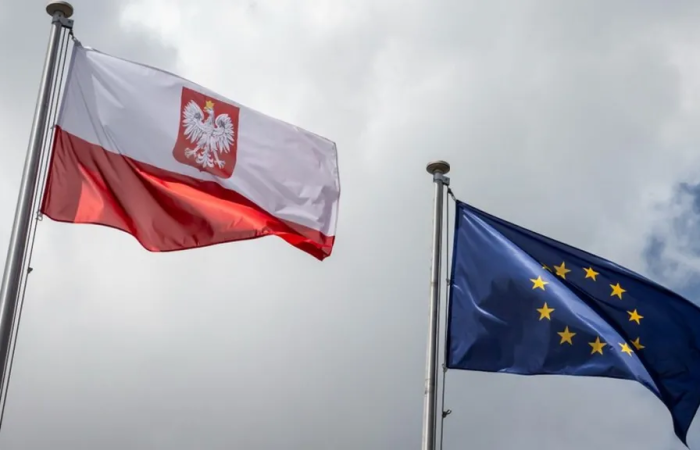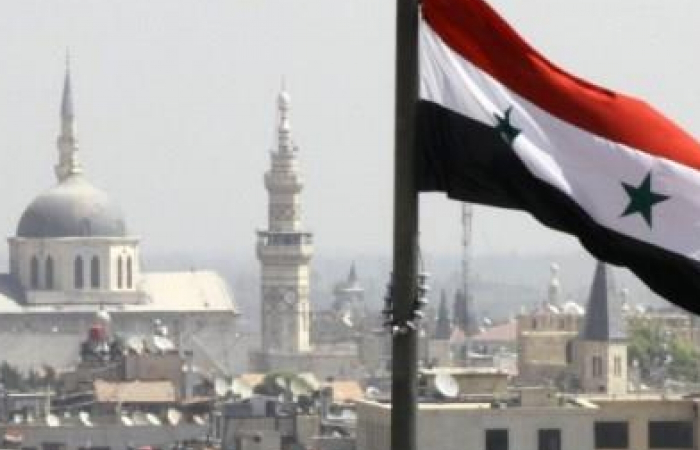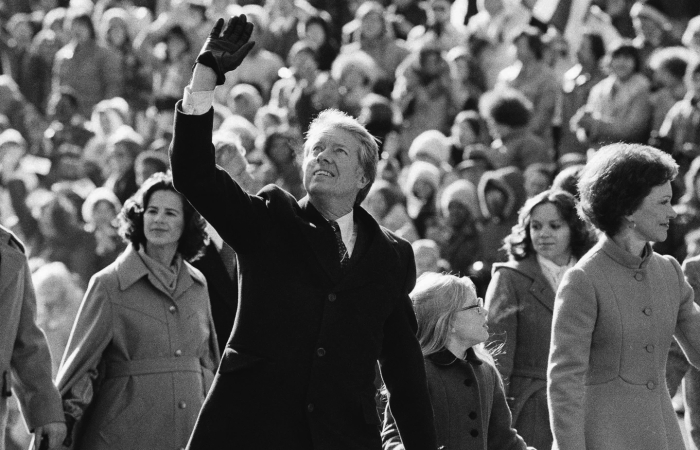Editor's choice
This is a members’ functionality. Please
Sign upCommentary
Trending
Georgia: Two presidents; one crises
2 January 2025
If there is one thing that strikes out from the events in Georgia in the last five weeks it is Salome Zurabishvili and the role she has played in keeping together the disparate Georgian Opposition. She has risen to the occasion in a way few thought she has the capacity to do. Georgian Dream never took her seriously, in all the time she was president. That had little consequence. But their failure to take her seriously now is a fatal mistake which will cost them dearly.
Salome Zurabishvili left the Orbeliani Palace on 29 December, saying she was taking her legitimacy with her. Most Georgians still see her as the president. In any case, Salome Zurabishvili has become a phenomena. She will be a part of any future solution for Georgia
Georgian Dream were very keen to replace Salome Zurabishvili. But their choice is unfortunate.
Most Georgians had not heard of Mikheil Kavelashvili before he was nominated to the post of president. Those that did, remembered him as an ex-footballer. In parliament his role was completely undistinguished: one of a cohort of men that Georgian Dream wheels out whenever it needs the numbers to pass a law or some other administrative measure. Under the Georgian constitution, the president is a symbolic figurehead. But Kavelashvili cannot even be that. His time as president is likely to be a short and unhappy one.
Crises? What crises?
That Georgia is in the middle of its most serious crises since independence is recognised by most. But the Georgian Dream government is in complete denial. It is treating events on the streets of Tbilisi and other Georgian cities as temporary aberrations which will soon blow away and are forgotten. It is completely indifferent to the calls of the international community. This is an example of how cut-off the Georgian Dream government is from reality.
It was left to Gia Volski, the ascetic 1st Deputy Speaker of Parliament, to articulate a response to the accusation that the Georgian government was ignoring a major crises. Speaking at a press briefing on 30 December, Volski said: “The situation is difficult, but it does not indicate the existence of a political crisis”. Volski than explained what in his view constitutes a crises: “a political crisis is a situation when the government cannot be approved, the budget cannot be adopted or a vote of no confidence is expressed in the government!”
Until they admit there is a crisis the Georgian Dream will not take measures that would contribute to its solution.
Ivanishvili must get real
In all this, a central figure is the de facto leader of Georgian Dream and ruler of Georgia, Bidzina Ivanishvili. This week he was included on a US sanction list. But many think it could have been worse – and some think it should have been worse. But it seems what the Americans tried to do is to bring Bidzina to his senses. Ivanishvili must get real for his sake, and for the sake of Georgia. There is still a small chance that he will.
Georgians need to draw lessons from present events in order to build a future that is both honourable and sustainable.
commonspace.eu editorial team





